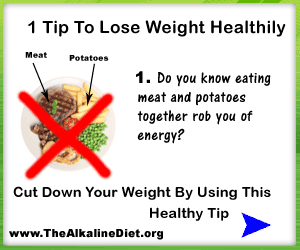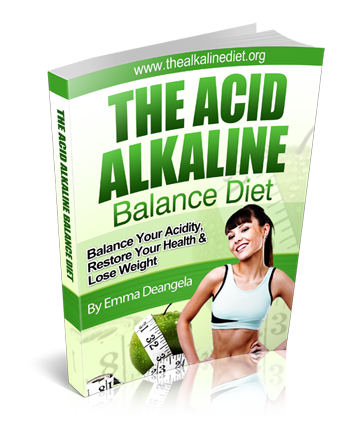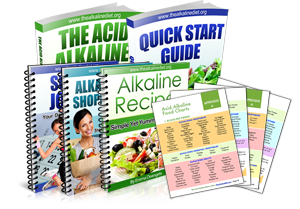Best Foods to Eat While Pregnant
October 28, 2015
Foodviki
Tweet
Follow
Tweet


Foodviki
TweetFollowTweet




Maintaining a healthy diet during pregnancy
is very important. During this time, your body needs additional nutrients,
vitamins and minerals. Put simply, choosing healthy, nutritious
foods will help ensure the health of you and your baby. It will also make it a
lot easier to lose the pregnancy weight after you’ve given birth.
Here's advice from nutrition experts on their
top pregnancy foods. You don't need to like or eat them all, but pick and
choose your favorites to give your pregnancy a nutritional boost.
Eggs
Many women develop aversions to meat
while pregnant. Your baby's cells are growing at an exponential rate, and
every cell is made of protein. Eggs are the ultimate health food, because
they contain a little bit of almost every nutrient you need.
Eggs are an excellent alternative protein
source, since they contain all the essential amino acids your body needs, a single whole egg contains roughly 113 mg of
choline, which is about 25% of the recommended daily intake for pregnant women
(450 mg).
Yogurt
Your baby needs calcium for his
growing bones, and you need it to keep yours strong and to help your muscles
and nerves function. Aim for about 1,200 mg (that's four servings) every
day.
Fish Liver Oil
Consuming
cod liver oil during early pregnancy has been linked with higher birth weight
and a lower risk of disease later in the baby’s life. Fish liver oil is made
from the oily liver of fish, most often cod.
The oil is very rich in the omega-3 fatty
acids EPA and DHA, which are essential for fetal brain and eye development. Fish liver oil is also very high in vitamin
D, which many people do not get enough of. It may be highly beneficial for
those who don’t regularly eat seafood or supplement with omega-3 or vitamin D.
Avocados
Potassium may help relieve leg cramps, a side
effect of pregnancy for some women. Avocados actually contain more potassium
than bananas.
The healthy fats help build the skin, brain
and tissues of the fetus, and folate may help prevent neural tube defects.
Dark green, leafy vegetables
Spinach, kale, Swiss chard, and other green
leafy vegetables are loaded with vitamins and nutrients, including vitamins A,
C, and K, as well as the all-important folate. They've also been found to
promote eye health.
Water
During pregnancy, blood volume increases by
up to 1.5 liters. Therefore, it is important to stay properly hydrated. Symptoms of mild dehydration include headaches, anxiety,
tiredness, bad mood and reduced memory.
You’ll need more water to keep your system
running for two during pregnancy. The Institute of Medicine says pregnant women
in temperate climates should aim to drink 12 or 13 glasses (they count a glass
as eight ounces) each day, which is slightly more than the amount for
non-pregnant women (around 11 glasses each day).
Furthermore, increasing water intake may help
relieve constipation and reduce the risk of urinary tract infections, which are
common during pregnancy.
Carrots and Peppers
Carrots and red peppers are packed with
beta-carotene, which the body converts it to vitamin A critical for the
development of your baby’s eyes, skin, bones and organs.
Sweet Potatoes
Sweet potatoes are very rich in
beta-carotene, a plant compound that is converted into vitamin A in the body. Pregnant women are generally advised to
increase their vitamin A intake by 10–40%.
Vitamin A is essential for growth, as well as
for the differentiation of most cells and tissues. It is very important for
healthy fetal development.
Beta-carotene is a very important
source of vitamin A for pregnant women. Sweet potatoes are an excellent source
of beta-carotene. About 100–150 grams of cooked sweet potatoes fulfills the
entire RDI.
Healthy snacks in pregnancy
If you get hungry between meals, try not
to eat snacks that are high in fat and/or sugar, such as sweets, biscuits,
and crisps or chocolate. Instead, choose something healthier, such as,
Sandwiches or pitta bread filled with grated
cheese, lean ham, mashed tuna, salmon, or sardines, with salad.
Salad vegetables, such as carrot, celery or
cucumber
Low-fat lower-sugar yoghurt or fromage frais
with fruit
Hummus with whole meal pitta bread or
vegetable sticks
Ready-to-eat apricots, figs or prunes
Vegetable and bean soups
Unsweetened breakfast cereals, or
porridge, with milk
Milky drinks, Fresh fruit
Baked beans on toast or a baked potato.


























0 comments